Music has huge power in the field of recovery. This is due to how it influences the brain and neurological functioning. Many people employ music and associated healthy behaviours as a coping mechanism. Here we explore how this is done and some of the reasons as to what makes music so effective in self-management.
How music aids addiction recovery
Music is how sound, silence, rhythm, and melodies come together to express the essence of humanity. It’s special and can feel entirely hypnotic, consuming, inspiring, and on the other hand, devastating. From the tribal beats of a drum to the complex arrangement of classical music, there are genres for all people to find comfort, resonance, and even euphoria in.
As an art form, music has huge potential to aid alcohol addiction recovery. Whether listening to, or playing an instrument, music eases and quiets the mind. For many, it inspires dance, for others, it induces great emotional shifts.
Here we’ll look at some of the wide-ranging benefits of music as a coping mechanism.
Music helps people feel good and is motivating
Listening to music activates the brain’s reward centre. Not only does it boost dopamine levels leading to feelings of pleasure and pain relief. It also alters brainwaves.
Slower music can lead to alpha brainwaves which help people to relax, while faster music can cause beta brainwaves which increase focus. This is clearly demonstrated in people who listen to fast music while exercising. Not only is it motivating, it increases beta brainwaves increasing energy levels.
Music and dance eases depression
Research has shown that dance releases serotonin, the chemical in your brain linked to improved mood and feeling happy. It’s reported in some cases, that it can be more effective than antidepressants.
In this way, listening to a little music every day and making the time to dance, you’ll introduce an incredibly healthy, happier moment into your life. Movement is shown to support people in releasing emotional blockages. It activates the polyvagul nerve which activates the parasympathetic nervous system and this allows you to relax.
Music supports healthier brain functioning
One study reported how music “engages a diverse network of brain regions and circuits, including motor processing, cognitive, memory, and emotional components”. This means that it encourages neuroplasticity facilitating learning and mental growth. When a person listens to music they like, they’re better able to access various brain functions.
Learning to play an instrument supports people to evolve in relation to social bonding, cognitive functioning and language processing. Many report that it’s also associated with a reduction in the likelihood of developing dementia.
Music offers an emotional outlet
Many people struggle to articulate their feelings and to process their emotions. This is especially seen in those who struggle to articulate verbally. Listening to the right song or genre, can lead a person to the core sense of an emotion that they’re experiencing.
Music offers a space of emotional connection between who made the music, the person expressing a feeling or thought, and this passes onto the listener who finds understanding, resonance, and comfort. For many, it helps them feel less alone. Loneliness is a common feature in addiction. Connection combats this.
Finally, music is a huge stress reliever. After a triggering event or stressful day, it instantly causes a shift in mood and energy as a person’s brain becomes activated by another sense.
Music as a trigger Vs as a coping mechanism
While music has huge potential to be a coping mechanism, there’s a curve ball. It can also be a huge trigger in relation to substance use.
Many people use alcohol and begin using drugs recreationally in places where there’s music playing, such as at pubs, clubs, free parties, and festivals. Repeatedly using substances in these types of environments often creates an association between the substance and music. Therefore, it’s quite easy for musical genres, in particular, to trigger a craving.
During the recovery process, it’s important to address music as a trigger. It might be useful doing so with peers as well as a professional. It’s advisable to identity which songs and genres cause cravings and to develop appreciation and enjoyment of other songs and genres.
In rehab clinics, music therapy is often recommended and this can actually help prevent music becoming associated purely with substance use and relapse. After the initial detox period when therapeutic sessions become the focus, it’s common for rehab residents to take part in drum circles and in writing music, some might experiment with playing an instrument.
How to implement music effectively into a sober lifestyle
In the home environment while on the recovery journey, there are lots of ways you can implement music into your life that support healing.
- Listen to music while doing something fun and/or relaxing. Whether you decide to have 80s music on while you cook, the sound of chimes as you meditate, or jazz playing as you paint, finding new music to embellish different parts of your life is a subtle “internal world” adventure.
- Set aside five minutes a day to dance to music that makes you happy, or music that helps you to release emotions that you might be struggling with. Doing so offers a very healthy coping mechanism, especially at triggered moments. Make sure it’s music that doesn’t trigger old cravings.
- Play music when you have your morning shower. Be intentional, choose specifically music that will help set the tone that you want the rest of your day to have.
- When exercising or being active, play music that motivates you to work out harder and keep you focussed.
- Play an instrument. This is a hobby that quiets the internal voice, offers a healthy focus, provides a positive challenge, and brings a satisfying result as you fine-tune skill and creativity. If you start making your own music, record what you create on your phone or by booking in some studio time to make your own EP.
- Go to live gigs. Watching people play music can be very inspiring. If pubs are likely to be triggered, then try new types of events such as concerts or those held in theatres, or city halls.
How you can turn music into recovery fuel
With all its benefits, it makes sense to create space for music to be an instrumental part of recovery. It doesn’t have to be kept to the rehab clinic; music is a huge tool to empower positive change.
Spend some time thinking about what music you’ve listened to through different stages of your life, revisit these. Often, your musical history can bring up new insights, especially with the new awareness gained in therapeutic recovery sessions, explore these.
Take one day at a time and set a music goal for the day. It might be to dance, to find one new song that you love, to learn a new guitar chord. Let your brain absorb the new information and sit in the present moment enjoying the power of music and having a new source of healthy pleasure.
References
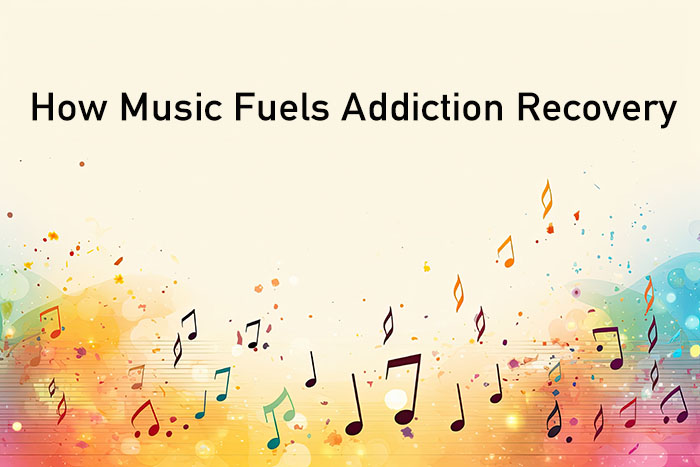

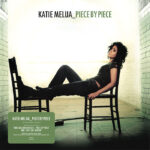
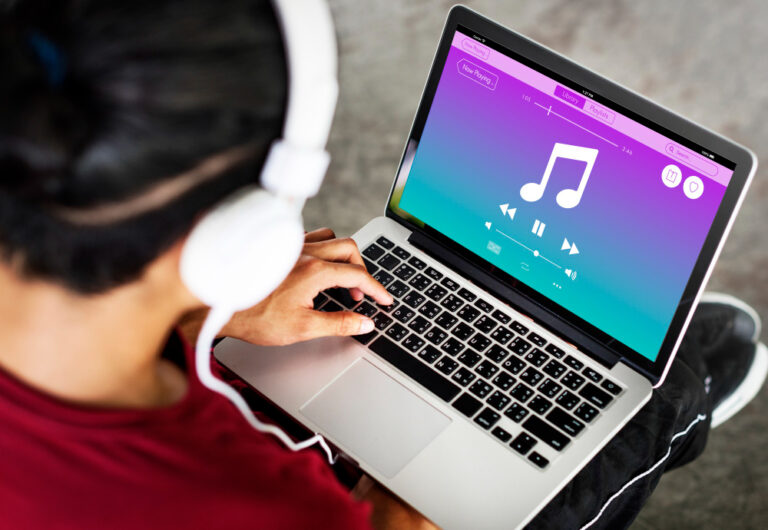
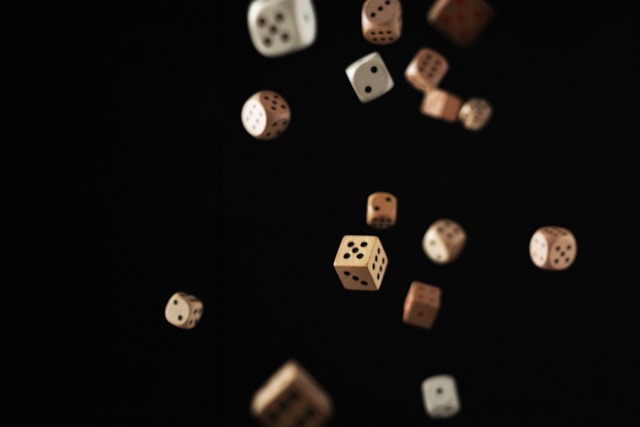


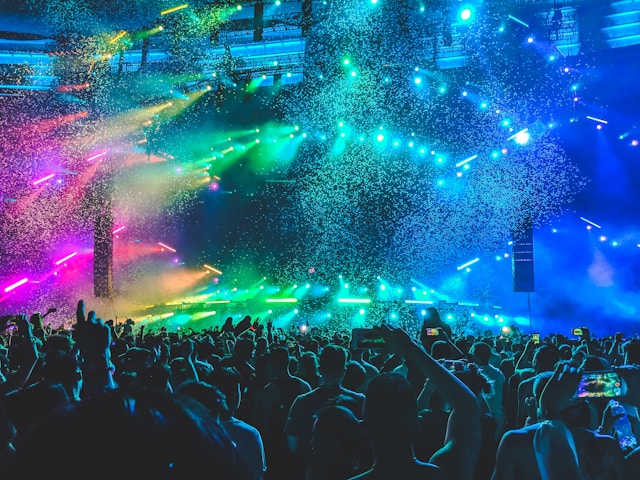

Comments are closed.